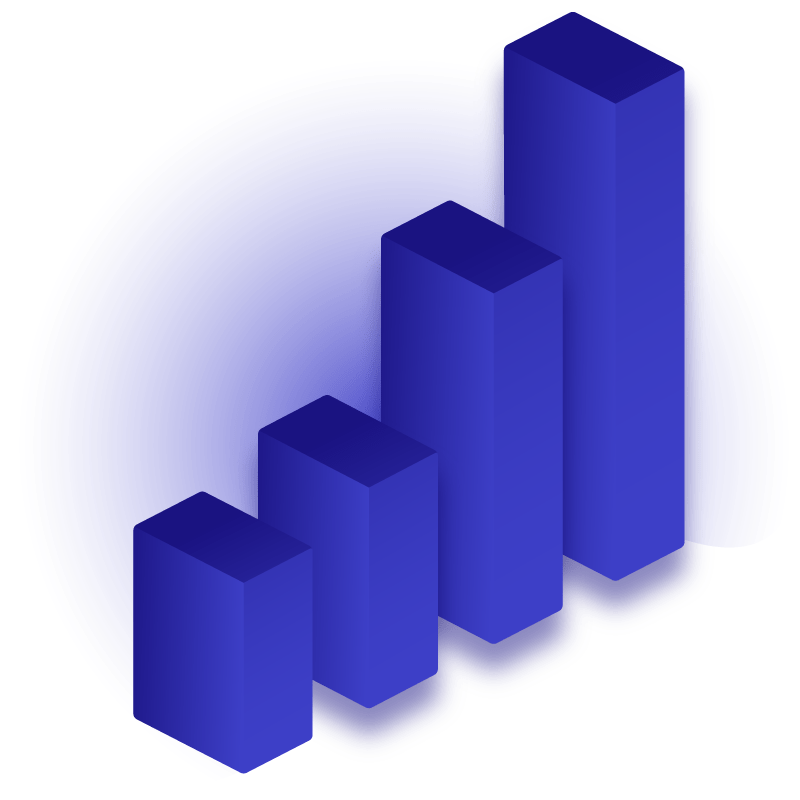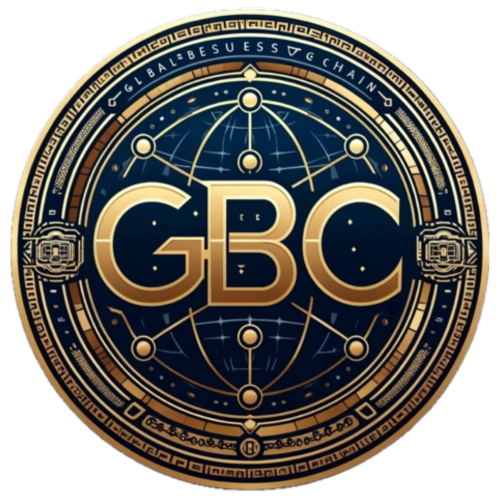About GBC
The concept of an F2C (Factory-to-Consumer) system evolving into a DPoS DAO (Delegated Proof of Stake Decentralized Autonomous Organization) represents a highly advanced and decentralized model for global trade and supply chain management. The GBC is based on Web3.0 technology and smart contracts for marketing and distribution, it follows DPoS DAO structure closely to its core.

What is DPoS (Delegated Proof of Stake)?
DPoS is a consensus mechanism used by some blockchains.
- Validating transactions and producing new blocks.
- Governing the network by voting on protocol upgrades, parameter changes, and other key decisions.
- Resolving disputes.
Delegates are incentivized to act honestly, as they can be voted out if they fail to perform or act maliciously.
The F2C System as a DAO
As discussed previously, an F2C system like GBC already incorporates elements conducive to a DAO:
- Token-Based Economy: It uses GC tokens for rewards and incentives, encouraging participation and creating a “consumption is investment” model.
- Decentralized Marketing: Smart contracts automate marketing rewards and profit distribution, reducing the need for manual, centralized control.


How F2C Could Become a DPoS DAO
If an F2C system like GBC were to fully embrace a DPoS DAO model, it would mean that the governance and evolution of the platform would be managed by its GC token holders and their elected delegates:
-
Token Holder Empowerment: GC token holders would not only benefit from potential appreciation and rewards, but also gain direct influence over the platform’s direction.
-
Delegate Election: GC token holders would use their tokens to vote for a set of trusted and competent individuals or entities to act as delegates.
These delegates would likely be GBC “pros” (as mentioned in your other text, who are educated web developers and GBC entrepreneurs) or other established members of the GBC ecosystem. -
Delegates’ Responsibilities: The elected delegates would be responsible for:
-
Platform Upgrades: Voting on and implementing new features for the F2C platform (e.g., new payment methods, improved user interfaces, enhanced security features).
-
Strategic Decisions: Guiding the overall strategy of the GBC network, such as expanding into new regions, forming partnerships, or adjusting the reward structure for GC tokens.
-
Dispute Resolution: Potentially acting as arbitrators in disputes between buyers and sellers or factories and agents.
-
Treasury Management: Overseeing the community treasury, which might hold funds from platform fees or a portion of the GC token supply, and allocating resources for ecosystem development.
-
Onboarding Factories/Agents: Delegates might vote on criteria for approving new factories or regional agents joining the network.
-
Pros of DPoS DAO for F2C
- Scalability and Efficiency: DPoS can process more transactions and make decisions faster than some other decentralized governance models because fewer entities (delegates) are involved in the consensus and voting process.
This is critical for a global trade platform. - Expert Governance: Token holders can delegate their votes to individuals with proven expertise in e-commerce, supply chain management, blockchain technology, or international trade, ensuring informed decisions.
- Community-Driven Evolution: The platform’s development is driven by its users and stakeholders (factories, consumers, agents, GC token holders), ensuring it evolves in alignment with their needs and interests.
- Reduced Centralization Risk (compared to traditional models): While delegates hold power, they are accountable to the token holders and can be removed, reducing the risk of a single point of failure or centralized control compared to a traditional corporate structure.
- Cost-Effective Operations: Automated governance via smart contracts can reduce operational overhead compared to traditional management.
Challenges and Considerations
- Voter Participation: Ensuring consistent and active participation from GC token holders in delegate elections and referendums.
- Centralization of Power among Delegates: While designed to be decentralized, there’s a risk that a small group of delegates could form cartels or disproportionately influence decisions if token holders are not actively engaged.
- Complexity: Building and maintaining a robust DPoS DAO requires sophisticated smart contract development and strong community management.
In summary, an F2C system like GBC, leveraging a DPoS DAO model, would represent a truly decentralized and community-governed global trade platform where the collective interests of its participants drive its growth and evolution, powered by the utility and governance capabilities of its native GC token.
Our Experts
Helena Briggs
Founder and CEO
Thomas Adams
Mining Expert
Juanito Sanchez
Backend Developer
Brad Jarret
Accountant
